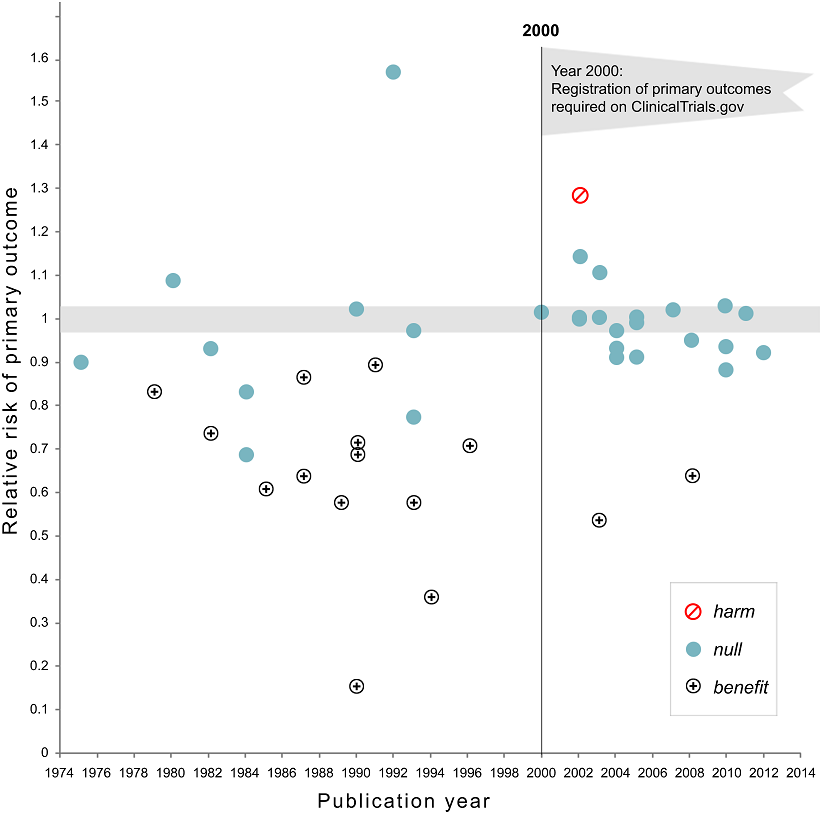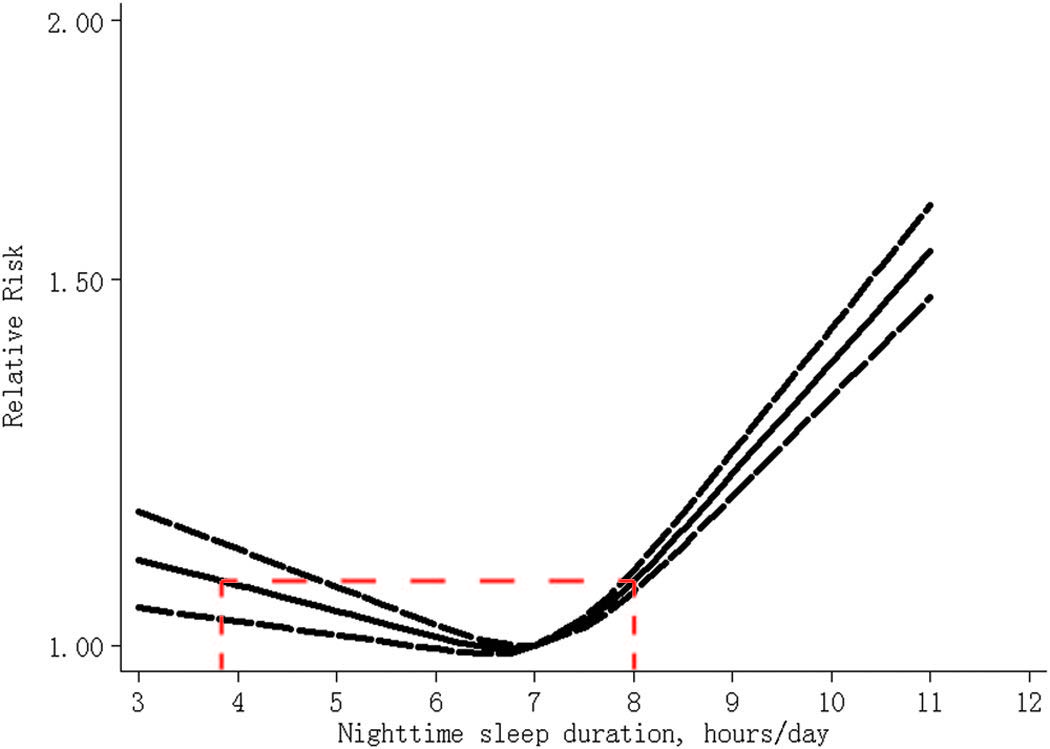guzey
Posts 4
Comments61
I think all of these effects are plausible. However, I'm not a big fan of non-pre-registered RCTs, which appear to be most, if not all of the RCTs in that review paper. See: the section Our priors about sleep research should be weak

>I do think the change to my sleep schedule also came with a lot of other changes in my life, so this is far from even a single clear anecdote, but it did update me that at least for myself, I am quite hesitant to sleep less than 9 hours.
Do you mean that the change in sleep pattern came with the change in something like the job you had or the country where you lived?
However, I need to throw a flag on the field for isolated demands of rigor / motivated reasoning here - I think you are demanding a lot from sleep science to prove their hypotheses about needing >7hrs of sleep
Yes, I'm demanding a lot from sleep science but you are missing one of the key points: the evidence that sleep scientists have any idea about the amount of sleep we need is incredibly weak. They literally recommend at least 7 hours of sleep (1) without any long-term causal evidence about the effects of sleep on health and with (2) correlational evidence showing that people sleeping 6-7 hours have the lowest mortality and that people sleeping 4 hours have the same mortality as those sleeping 8 hours.

You continue:
then heavily relying on an unproven analogy to eating (why should we think sleeping and eating are similar?), the sleep patterns of a few hunter-gatherers (why should we think what hunter-gatherers did was the healthiest?), the sailing coach guy (this was the most compelling IMO but shouldn't be taken as conclusive), and a random person with brain surgery (that wasn't even an RCT). If someone had the same scattered evidence in favor of sleep, there's no way you'd accept it.
The key point of the analogies I make is to show that the arguments people commonly make to argue for a particular way of sleeping (as much as you want) or for harms of acute sleep deprivation (you feel bad) prove too much, since they could also "prove" that eating as much as you want is good or exercising is bad.
When I use the analogies to go further and to argue that feeling sleep is normal, I'm being very transparent in the essay about the strength of my arguments and they can evaluate whether they are persuaded by a particular analogy or not. I very much agree with you that an analogy is not a strong argument in and of itself.
More generally, I'm always amused when people start listing the evidence I'm relying on and pick the pieces that sound weakest while excluding those that sound strongest. For example, in your summary of what I rely on, you decided not to include
- the data I showed above about the association between sleep and mortality
- the study about a a single-point mutation can decrease the amount of required sleep by 2 hours, with no negative side-effects.
- the studies with thousands of people taking antidepressants for weeks and years who have dramatically lower amount of REM sleep and yet seem to have no issues with cognition.
Maybe not sleeping doesn't affect writing essays, but in the medical field at least there seems to at least be an increased risk of medical error for physicians who are sleep deprived. "I'm pretty sure this is 100% psyop" goes too far.
I believe that your quote is out of context and misrepresents my point. Here's what I wrote:
At this point, I’m pretty sure that the entire “not sleeping ‘enough’ makes you stupid” is a 100% psyop. It makes you somewhat more sleepy, yes. More stupid, no.
I have no doubts that large, persistent sleep deprivation akin to that often faced by doctors has makes them more sleepy and makes them make more errors. In fact, this follows directly from the arguments I made in the section Occasional acute sleep deprivation is good for health and promotes more efficient sleep.
I also specifically wrote about decreasing sleep by 1-2 hours in the long-term not having negative health effects, not that no kind of sleep deprivation has any negative effects on health on cognition. This is patiently false.
1.) Perhaps too convenient and my data quality is not great and non-random, but I found analyzing a year of my time-tracking data showed that sleeping exactly 8hrs (not more not less) maximized my total hours worked (an imperfect but still useful metric of output).
I find it notable that, having criticized my arguments for lack of rigor, your first argument is a conflation of correlation and causation. It's simply inappropriate to say that "sleeping exactly 8hrs (not more not less) maximized my total hours worked", given that you only have access to an association between sleep and number of hours worked and there's an infinite number of confounders affecting both your length of sleep and your productivity.

I want to apologize for both the tone and relative lack of informativeness in my responses - it seems to me that our thinking here is extremely difficult to reconcile in the low-bandwidth medium of writing.